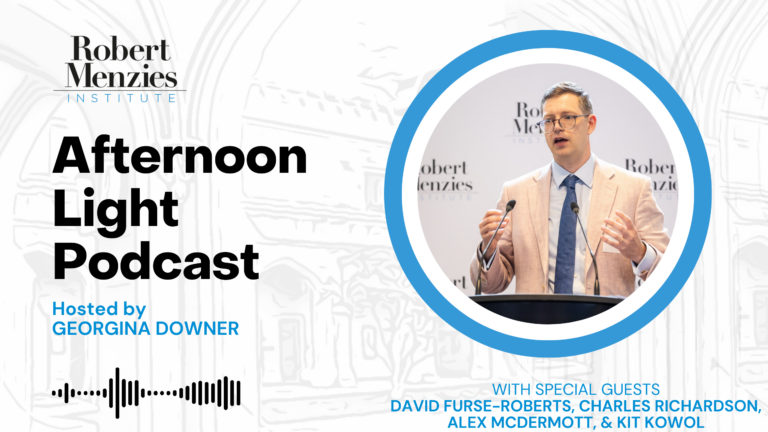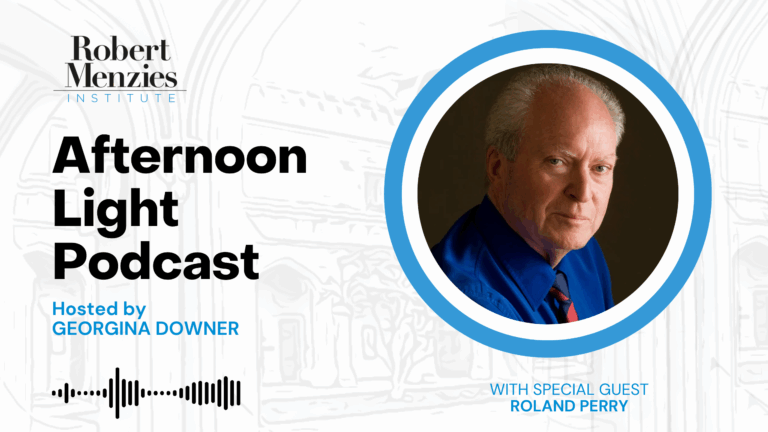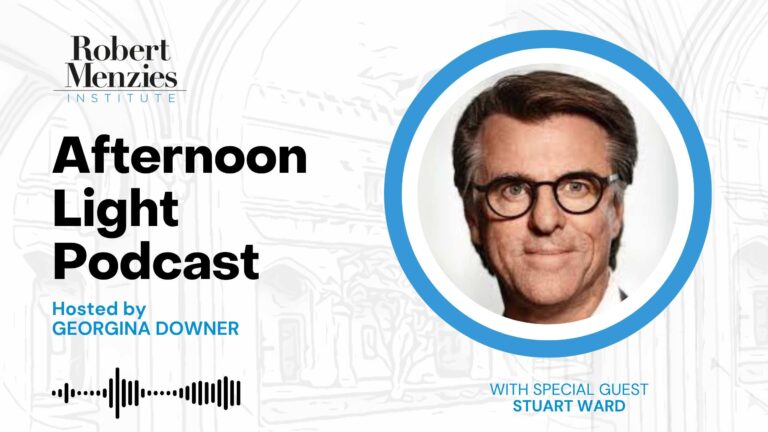
7 Jan, 2026
Summer Series 2025-6 Part 3: David Furse-Roberts, Charles Richardson, Alex McDermott, & Kit Kowol


Summer Series 2025-6 Part 3: David Furse-Roberts, Charles Richardson, Alex McDermott, & Kit Kowol

Matthew Bailey on the Rise of the Australian Shopping Centre: "A Triumph of Consumer Capitalism"

Roland Perry on Australia's Nuclear Genius Mark Oliphant: "I wanted to scream on the steps"

Stuart Ward on Australia's formerly pervasive British identity: "The cement of Australia's civic culture"
Sign up for our monthly newsletter to hear the latest news and receive information about upcoming events.

Sign up for our monthly newsletter to hear the latest news and receive information about upcoming events.